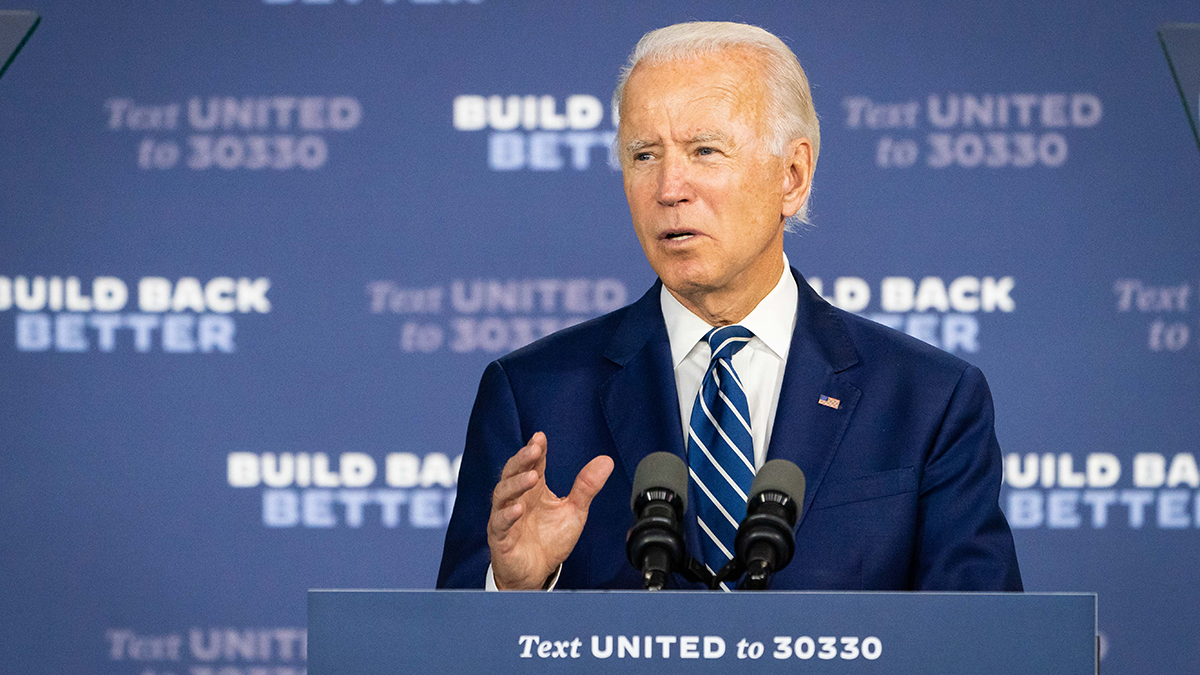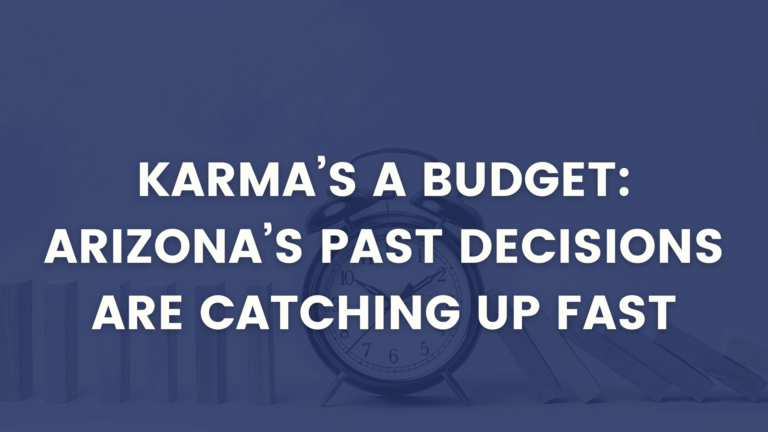
Taxing the Wealthiest Arizonans to Pay For Build Back Better
Photo by Adam Schultz / Biden for President
The Build Back Better agenda currently being negotiated in Congress will make critical, historic investments in families and children to address many long-standing problems in Arizona and across the country. All components, together, will build a stronger, more equitable economy where all Arizonans can reach their full potential.
The Build Back Better legislation includes (but is not limited to) the following measures:
- Makes the Child Tax Credit permanently available to the lowest-income children
- Expands access to housing vouchers
- Permanently closes the Medicaid coverage gap
- Reduced food hardship among schoolchildren
- Establishes a nationwide paid leave program
- Creates a pathway to citizenship for millions of people
- Expands access to affordable child care
- Addresses the climate crisis through new investments
- Secures universal Pre-K
- Lowers the cost of college
The recently-drafted version from the U.S. House of Representatives finances a significant share of these investments by raising revenue from those who currently avoid paying their fair share: wealthy people and profitable corporations. It also reduces the cost that the government and consumers pay for prescription drugs, with these savings invested in expanding affordable health care.
For the individual income tax, the most significant changes include:
- Raising the top personal income tax rate for “ordinary” income from 37 to 39.6 percent for married households earning over $450,000, heads of household earning over $425,000, and singles over $400,000, a reversal of the tax cuts enacted by Congress in 2017.
- Partially repealing the special, lower personal income tax rate for certain income from wealth (long-term capital gains and stock dividends). Most of the benefits of the special rates for capital gains and dividends go to the richest one percent. As a result, some very well-off individuals pay a lower effective tax rate than taxpayers whose incomes are much smaller.
- Repealing an exception in the 3.8 percent net investment income tax. A loophole has allowed high earners to escape Medicare taxes enacted through the Affordable Care Act (ACA). The House proposal would close this loophole, phased-in for certain households.
- Limiting the 20 percent deduction for pass-through business income under sec 199A. Pass-throughs are businesses whose profits are reported on the personal tax returns of the owners and not subject to the corporate income tax. While some describe this deduction as helping small businesses, most of its benefits actually go to the richest one percent. The House proposal would limit the total amount of the deduction to exclude the highest-income households.
- Making permanent the limit on pass-through business losses. Under rules enacted in 2017, when business owners report losses, they cannot use these losses to offset more than $250,000 of their non-business income (or $500,000 of non-business income in the case of married couples). This prevents high-income taxpayers from deducting losses that exist on paper only to reduce the income they report to the IRS. One of the rare provisions in the 2017 tax law that looks good in retrospect, the limit on pass-through losses was set to expire after 2026. The House proposal would make it permanent.
- Creating a 3 percent surcharge on adjusted gross income in excess of $5 million.
The President and Congress have pledged not to raise taxes on households making less than $400,000 per year. And as demonstrated in the table below, these tax increases combined would affect just 1.1 percent of households in Arizona (below the U.S. average of 1.6 percent). Virtually all individual income tax increases would be paid by Arizonans in the in the top 5 percent (households making more than $248,400 per year)—and 98 percent of the tax increases would be paid by those in the top 1 percent (households making more than $578,200).
Low- and middle-income Arizonans are not affected by all by the individual income tax increases, and thanks to the proposed expansion of the Child Tax Credit and Earned Income Tax Credit, many qualifying households will continue to see increased refunds (or decreased tax liability) in 2022.
As the Senate works on its version of the Build Back Better legislation, these progressive revenue raisers should be retained as much as possible, and more can be done to ensure that rich people can’t shield their income from taxation and to reduce incentives for multinational corporations to shift profits to overseas tax havens. Fortunately, strong majorities of likely voters agree (see table below), consistent with an earlier poll of Arizonans from this past summer.
As a wealthy country, we can afford to act as responsible fiscal stewards and raise the revenue to help fund investments that will allow everyone to share in the nation’s prosperity. The U.S. House’s Build Back Better proposal requires the wealthiest households and corporations to pay their fair share of taxes, which will create a more adequate, sustainable, and equitable tax system without undermining economic growth. And, many of these investments have big economic returns. When children grow up more secure and have access to better supports and education, they can be more productive in the workplace, and that can make the economy grow faster for everyone.



